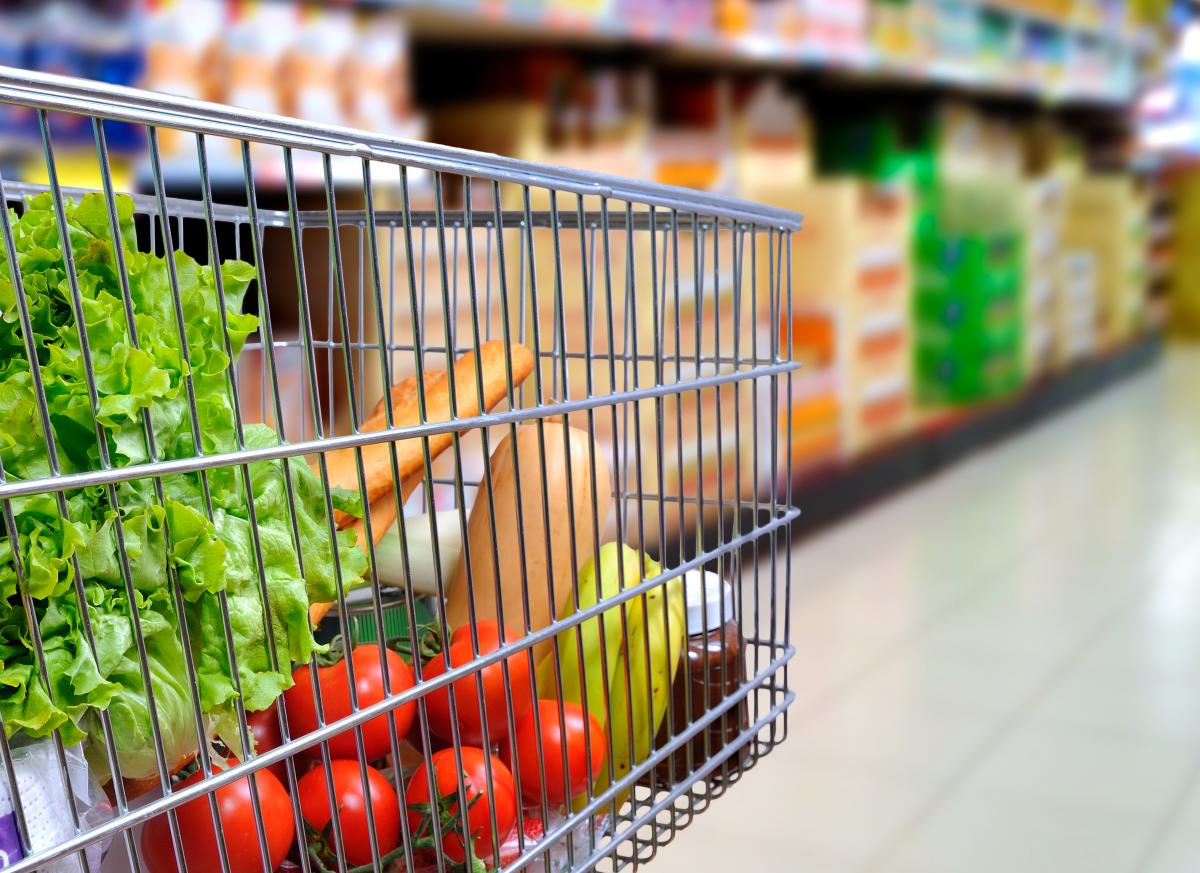News
How the UK Is Winning the Race against Climate Change
Canadian publication The Walrus explores the UK's climate policies and approach. With comment from Professor Sam Fankhauser, who sat on the UK's Climate Change Committee for its first eight years and now teaches climate policy at Oxford University.
A meat tax is probably inevitable – here’s how it could work
To slash emissions, slow the loss of biodiversity and secure food for a growing world population, there must be a change in the way meat and dairy is made and consumed.
Study reveals environmental impact of 57,000 multi-ingredient processed foods
An estimate of the environmental impact of 57,000 food products in the UK and Ireland provides a first step towards enabling consumers, retailers, and policymakers to make informed decisions on the environmental impacts of food and drink products.
Sweeping climate bill pushes American energy to go green
Brian O’Callaghan, lead researcher at the Smith School's Economic Recovery Project, provided expert commentary on the US Inflation Reduction Act 2022 - a transformative new climate bill. He noted, among other points, that the bill has nothing to fulfill America’s broken promise of billions of dollars in climate aid for poor nations.
Energy prices: UK must move to renewable power to avoid future crisis
The i newspaper speaks to Greg Jackson, founder and CEO of Octopus Energy, and references recent research on energy security from the Oxford Smith School. “The choices made now will determine the course of the next 10 years – in terms of energy security, cost and our future environment,” said Professor Sam Fankhauser, Dr Steve Smith and Dr Anupama Sen. “More renewables actually raises security and lowers cost.”
The state of UK carbon removal
Even if we are able to cut out all our carbon emissions as fast as possible, we would still need to remove carbon we've already put in the atmosphere to hit global temperature targets. The Carbon Removal Show podcast interviewed Dr Steve Smith, George Hope and others from the Greenhouse Gas Removal Hub to discuss the state of carbon removal in the UK today.
New project to analyse climate-related legal risk
The UK Centre for Greening Finance and Investment and the Oxford Sustainable Law Programme are set to launch a new workstream pinpointing what climate-related legal risk means in financial terms for companies. Dr Thom Wetzer told RI, 'It's clear that litigation risk is real - it's not some figment of an activist's imagination.'
‘Where are we now?’: Reflecting on the journey of sustainable finance
IPE covers the inaugural Oxford Sustainable Finance Summit 2022, hosted by Dr Ben Caldecott. This in-depth article highlights insights from a myriad of speakers including from the United Nations, Blackrock, MSF, Saïd Business School, Linklaters and more.
The Cooling Problem
As record-breaking heat hits the UK and USA, Dr Radhika Khosla, co-Director of the Oxford Martin Programme on the Future of Cooling, speaks with the New York Times about how to keep people cool - without cooking the planet.
New Oxford Lab to accelerate action towards sustainable finance
Set to open its doors in autumn 2022, the new Lab will be embedded in the University of Oxford and welcomes the Financial Conduct Authority as its founding partner.
Oxford hosts inaugural Sustainable Finance Summit 2022
Flagship event examined the latest developments in sustainable finance and investment, and explored how institutions representing $130 trillion in assets can help to tackle climate change. All Summit recordings are now available online.
Storms threaten more disruption on heels of record-breaking UK heat
As thousands of people in Yorkshire, Lincolnshire and the north-east were left without power after transmission equipment overheated, Dr Sam Fankhauser, professor of climate economics at the University of Oxford said the heat was “a stark reminder of … the urgent need to decrease global carbon emissions."









